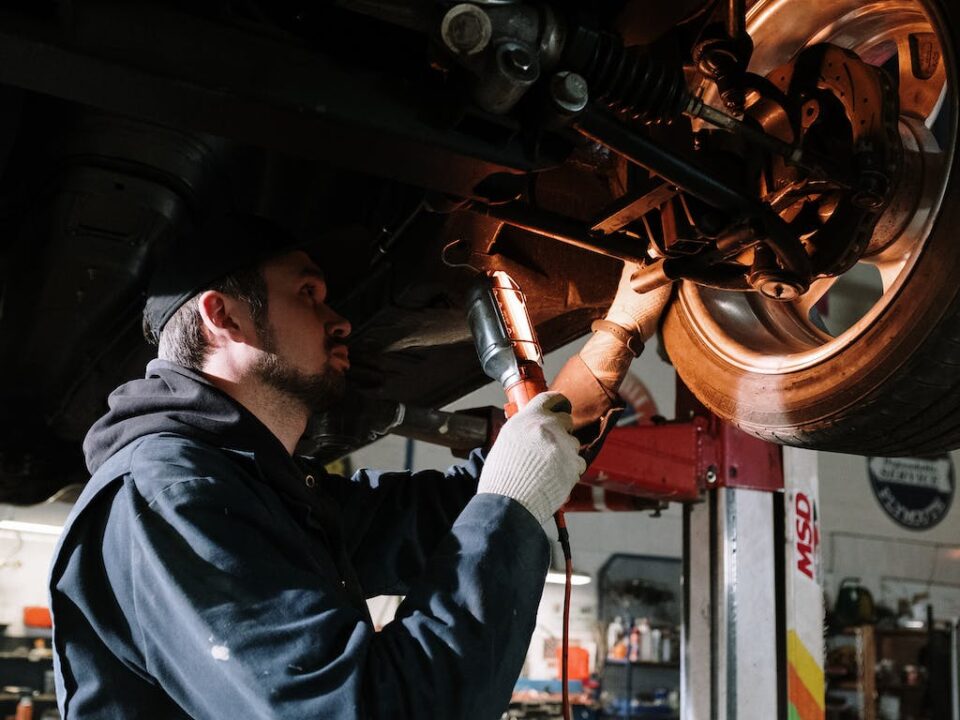When it comes to our trusty vehicles, they’re not just modes of transportation; they’re our companions on the road of life. But like any other companion, they need care and attention to keep running smoothly. That’s where a well-thought-out budget plan for vehicle repairs and maintenance comes into play. Don’t fret; developing a budget plan doesn’t have to be a daunting task. In fact, with a bit of guidance, you’ll be cruising down the road to financial confidence and a well-maintained vehicle in no time!
Assess Your Current Expenses
Before diving into budgeting for vehicle repairs and maintenance, take a moment to evaluate your current spending habits. Identify any patterns or trends related to your vehicle expenses. This will give you a clear picture of how much you’ve been spending and what areas need more attention.
Create a Separate Fund
To ensure you’re always prepared for unexpected repairs, set up a separate fund dedicated solely to vehicle maintenance. Treat it as a monthly saving goal, contributing a fixed amount. Over time, this fund will become your safety net, ready to cover those surprise repairs without causing a financial pothole.
Regular Maintenance vs. Emergency Repairs
Understanding the difference between regular maintenance and emergency repairs is crucial. Regular maintenance includes routine services like oil changes, tire rotations, and fluid checks. On the other hand, emergency repairs are unforeseen issues that require immediate attention. Budget more for regular maintenance, but don’t forget to allocate a portion for those unexpected breakdowns.
Research and Estimate Costs
Do your homework! Research common vehicle repairs and their average costs. This will help you anticipate potential expenses and plan accordingly. It’s always better to overestimate costs than to be caught off guard. Online resources and local mechanics can provide valuable insights into repair prices.
Prioritize and Plan
Not all repairs are created equal. Some can wait a bit, while others demand immediate action. Prioritize repairs based on urgency and safety. A scratch on the paint might not need immediate attention, but a faulty brake system certainly does. This approach helps you allocate your budget effectively.
Factor in Age and Mileage
The age and mileage of your vehicle play a significant role in budget planning. Older vehicles require more maintenance, while newer ones might need fewer repairs. Consider your vehicle’s condition and age when setting up your budget plan.

